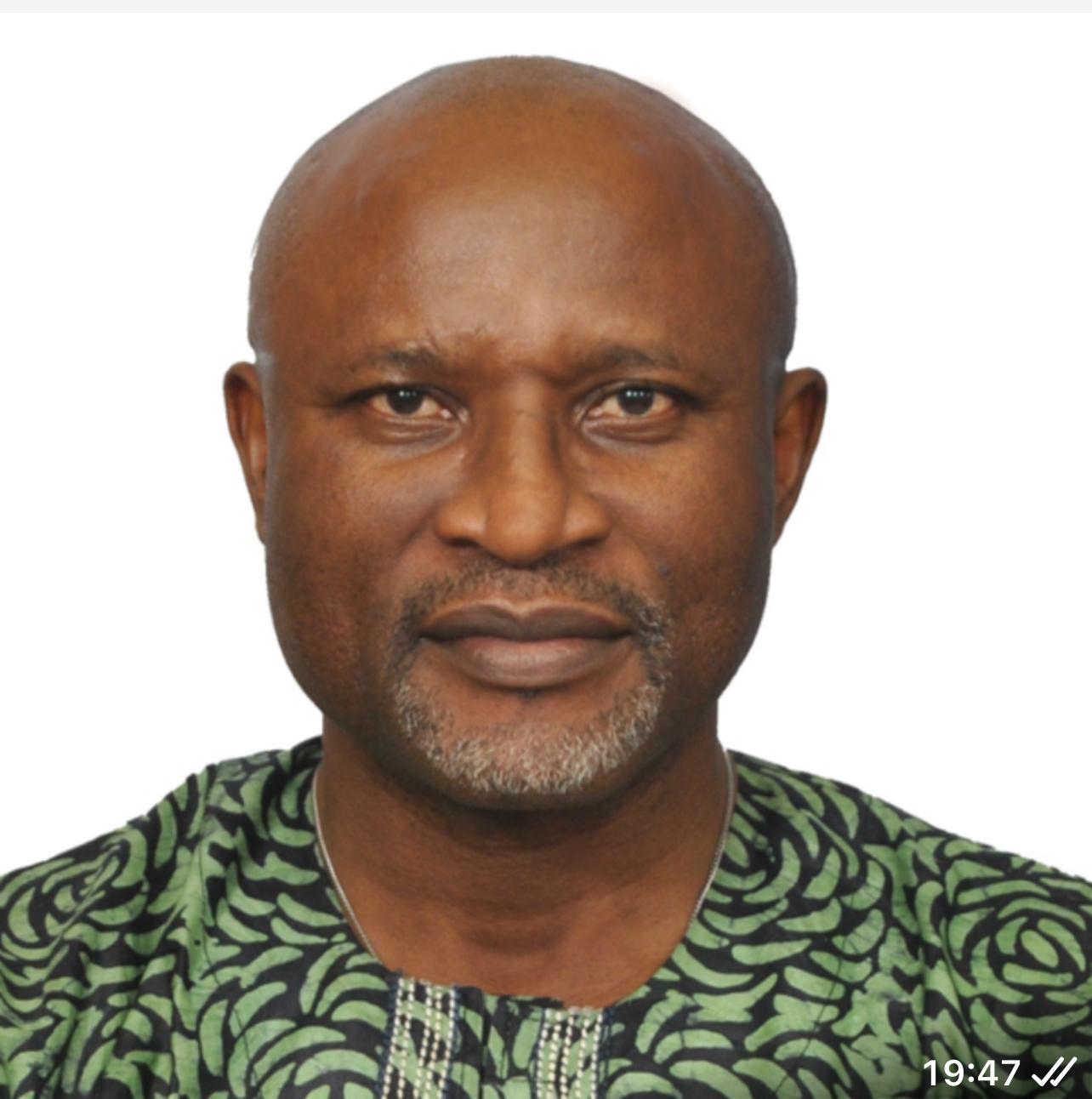By Sonny Onyegbula
The Supreme Court’s decision on local government autonomy is a significant milestone in Nigeria’s journey towards decentralisation and grassroots development.
The apex court’s decision has empowered local governments and instilled a sense of pride and responsibility in local officials and citizens by granting them greater control over their finances. It has unlocked the potential for transformative growth and improvement of living standards in the country.
Before the Supreme Court’s decision, local governments in Nigeria faced significant challenges in exercising their constitutional powers due to overbearing control by state governments. This control often led to a lack of autonomy, hindering local governments’ ability to effectively manage their resources and respond to the unique needs of their communities. The situation was further complicated by the absence of clear guidelines and mechanisms for fund allocation and utilisation, resulting in mismanagement, corruption, and underdevelopment.
Section 162 (6) (8) of Nigeria’s 1999 Constitution, as amended, states that allocations to the local government councils of a state shall be paid into a State Joint Local Government Account and distributed among the local government councils of that state, ensuring that funds are utilised for the benefit of local communities. This provision guarantees direct funding for local governments and emphasises the importance of decentralisation and grassroots development.
Despite this, the previous arrangement perpetuated a centralised system, where state governments held significant sway over local government finances. This created a power imbalance, stifling local governments’ potential and hindering Nigeria’s overall progress.
The Supreme Court’s decision marks a significant shift in this paradigm, empowering local governments to take ownership of their development and unlocking their potential for transformative growth.
By granting local governments greater control over their finances, the decision promotes decentralisation, a fundamental principle of federalism, ensuring that power is distributed evenly between the federal, state, and local governments.
This decision has far-reaching implications for Nigeria’s development, governance, and prosperity. Local governments can now access resources and make decisions tailored to their unique needs, fostering community-driven development and improved living standards.
The impact of this ruling will be felt across various sectors, including:
– Healthcare: Local governments can invest in healthcare infrastructure and services, improving health outcomes and access to quality care. This can lead to better managing health crises, increased vaccination rates, and improved maternal and child health.
– Education: Local governments can enhance educational infrastructure, hire more teachers, and implement community-specific programs, leading to better academic outcomes. This can result in increased enrolment rates, improved literacy, and a more educated workforce.
– Infrastructure: Local governments can invest in roads, bridges, and public transportation, enhancing connectivity and economic growth. This can increase trade, and commerce, foster industrial development, and improve access to markets and social services.
– Economic development: Local governments can implement initiatives promoting entrepreneurship, job creation, and local economic growth. This can result in increased economic activity, job opportunities, and income levels, as well as improve food security and reduce poverty.
To ensure that funds allocated to local governments are utilised effectively and efficiently, monitoring mechanisms should be put in place, including:
– Establishment of a Federal Ministry of Finance monitoring team to oversee fund disbursement and utilisation.
– Creation of a public transparency portal to track fund allocation and expenditure.
– Regular audits and financial reporting requirements for local governments.
– Establishment of a citizen engagement platform for feedback and input on fund utilisation.
– Collaboration with civil society organisations to monitor fund use and advocate for accountability.
Technical assistance and capacity-building programmes can help local governments manage their finances effectively. By implementing these mechanisms, Nigeria can ensure that funds allocated to local governments promote good governance, transparency, and accountability, to realise the benefits of decentralisation across the country.
The Supreme Court, as the highest judicial body in Nigeria, will play a crucial role in the effective implementation of this decision, which aligns with international best practices and global trends towards decentralisation and local governance.
Also, the decision demonstrates Nigeria’s commitment to democratic principles, human rights, and sustainable development.
As the country implements this decision, local governments must receive the necessary support and resources to fulfill their new responsibilities effectively.
In conclusion, the Supreme Court’s decision has the potential to unlock transformative growth, improve living standards, and promote good governance and accountability at the local level. With effective implementation and support, Nigeria can realise the benefits of decentralisation and take a significant step toward achieving its development goals.
*Dr Sonny Onyegbula, a Legal Consultant wrote from Florida, USA
![]()









One more huddle to cross is election into the councils. The State electoral commissions have to be made independent so that governors can no longer interfere or decide who occupies the various offices. AGF still has an assignment to take this to the supreme court
That is very true, Patrick. With one step at a time, the country will surely get there!